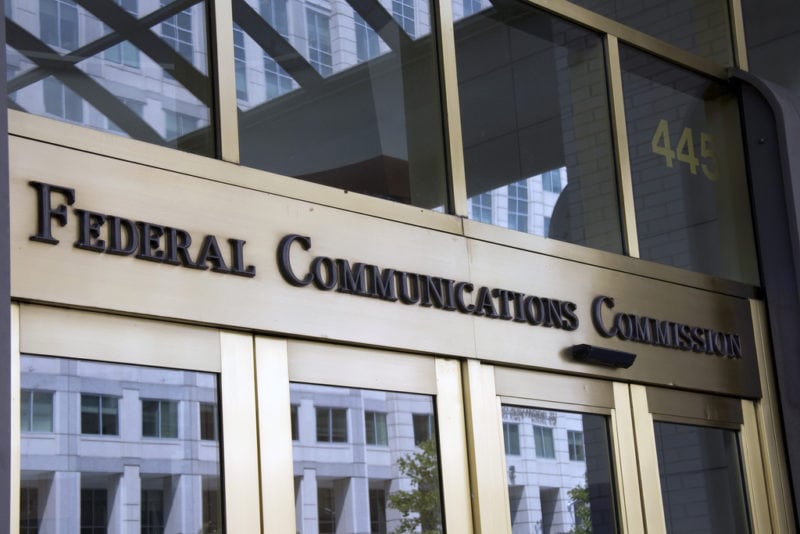Latest News

Federal Communications Commission. Photo: FCC
The FCC has granted SpaceX permission to launch ten Starlink satellites into Polar Orbit. In an FCC order issued Jan. 8, the commission granted SpaceX the ability to deploy and operate ten Starlink satellites at an altitude of 560 km and an inclination of 97.6.
In April, SpaceX asked the FCC for permission to lower the specified altitude for 2,824 satellites in the upper shell of its Starlink system from 1,100-1,300 km to 540-570 km. SpaceX recently asked the FCC to expedite the approval because it intends to launch 10 Starlink satellites to polar orbit on the upcoming Transporter-1 dedicated Falcon 9 rideshare mission. The Transporter-1 mission is targeted for Jan. 21. According to SpaceX, the polar orbit satellites would be used “to initiate its service to some of the most remote regions of the country,” including to federal broadband users which could allow for national security benefits.
Viasat, SES, Amazon‘s Kuiper, Kepler Communications, and Pacific Dataport all objected to the request. Viasat requested the FCC prepare an environmental impact statement on Starlink.
The FCC granted permission to lower the orbit for the ten satellites on the upcoming launch, but did not respond to the full request, and said interference concerns raised by objectors are not implicated for ten satellites. In response to Viasat’s request, the FCC deferred consideration of environmental concerns to a future decision on SpaceX’s full request.
“In any event, SpaceX has indicated that it will operate these satellites on a non-harmful interference basis during the period prior to a ruling on its full modification, and we condition this grant accordingly, noting that the status of these ten satellites with respect to protection from harmful interference will be further addressed as part of the broader modification request,” the order said.
The FCC order mentioned that an elementary school music teacher in Utqiagvik, Alaska, named Jacob Calderwood, submitted a letter supporting SpaceX’s request. In the letter, Calderwood wrote that his internet bill is more than $300 for 10 megabit speed and he has been hoping for more affordable internet from SpaceX so his students can have better access to education.
“It disturbs me that companies like Amazon’s Kuiper among others have filed motions to dismiss SpaceX’s request. They are late to the game and have not delivered on any real promises to date,” he wrote. “The sooner companies like SpaceX can get beta testing going in Alaska, the better for everyone. During the pandemic my students need the same access to the internet as their contiguous state counterparts.”
Get the latest Via Satellite news!
Subscribe Now